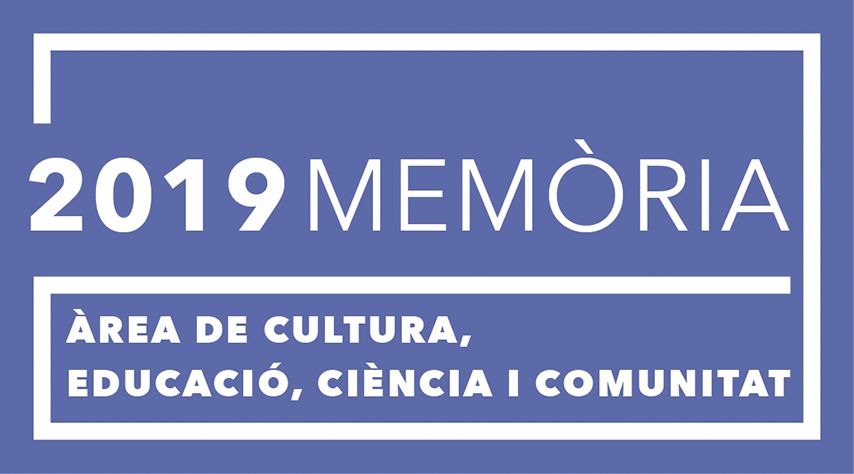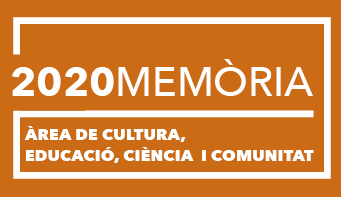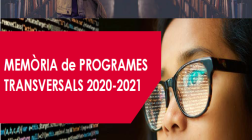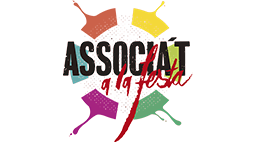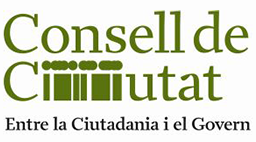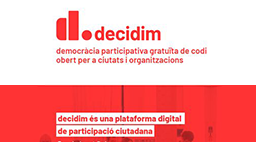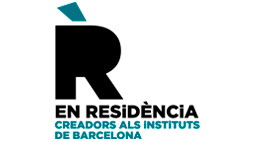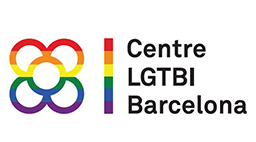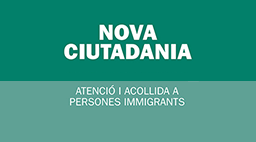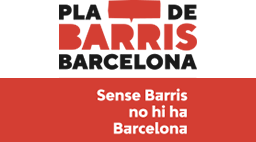
Areas of responsibility
- Guaranteeing cultural rights by providing equal access to resources, fostering participation, creation and management from a community and inter-cultural perspective.
- Giving visibility to cultural and religious diversity as elements linked to the city's socio-cultural identity and history.
- Developing municipal areas of responsibility in the area of education, linking it to the dynamics of social justice and the strengthening of both groups and individuals.
- Interconnecting culture, education and science policies to exponentially increase their social transformation potential.
- Encouraging the public to become actively involved in the process of drawing up, carrying out and evaluating public policies.
- Carrying out research and innovation in the creation of citizen participation mechanisms to give effect to the collective construction of the city.
- Helping to create community networks that facilitate the strengthening of the public's ability to become actively involved in collective matters.
Subject areas
The Institute of Culture is the municipal organisation that manages Barcelona's cultural policies. Its main activity is to manage municipal heritage, promote culture in neighbourhoods, support citizen initiatives, foster cultural-sector activities and participate in running the city’s large cultural facilities.
The acknowledgement of diversity, equal rights and positive interaction and equality are essential to enable us all to build and bring together a city composed of residents from diverse places and with diverse cultural backgrounds.
Strengthening democracy entails working together with a wide variety of stakeholders including residents who become involved, professionals and services, local facilities and any other social or institutional resources or stakeholders that can become community assets for the territory.
The transformational capacity of science at the service of people requires citizen participation in the approach, processes and results of scientific research based on criteria such as ethics, transparency, equality and open access to knowledge.
Memory, defined as the heritage resulting from diverse cultural traditions and political and social battles based on the values of democracy and equality, is a civil right that must be guaranteed for citizens through preservation, access, use and transmission.
Policies and actions aimed at promoting participation, innovation and improved educational actions in the city, adapting them to needs, redressing territorial imbalances and social inequalities and strengthening the public network.
In order to build a more democratic city, we must research, design, develop and standardise new participation models and digital environments for collaborative coordination and participatory democracy.
An improved democracy is a democracy accessible for everyone. Creating, consolidating and sharing the use of citizen bodies, participatory processes, initiatives and consultations enables citizens to have a real effect on the city’s political agenda.


